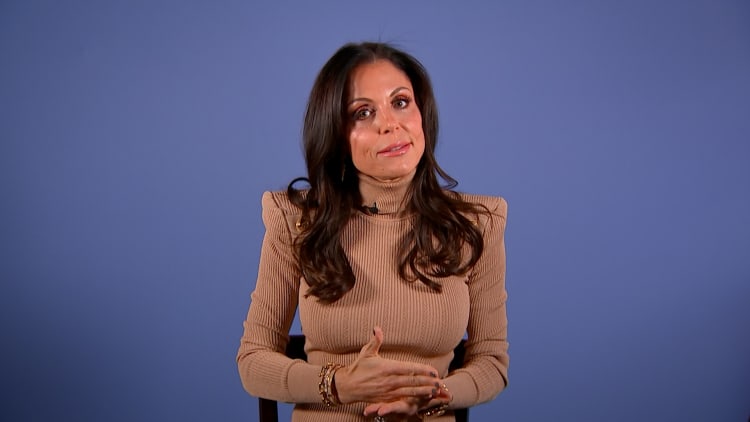In our day-to-day lives, we're constantly looking for ways to increase our energy and avoid burnout, especially in our jobs.
This can be extremely difficult for those in the healthcare industry, which is why I asked 30 health and wellness professionals the same question: "How do you manage your energy and not burn out in your profession?"
Their careers range from infectious disease doctors to psychologists to mindfulness teachers — and they all had great advice to give on how to stay motivated and keep the ball rolling.
How to avoid burnout, from health and wellness professionals
Despite the large differences in their roles, there were several themes within their responses that stood out as ways to prevent burnout. Here are the top four approaches that they use.
1. Build a strong community
As someone who works with patients who have terminal illnesses, Eufrosina Young thanks her strong support system for her ability to maintain her energy.
Young is a board-certified neurologist and ALS specialist at the Upstate University Hospital's department of neurology, and says they "mobilize like an army of people" there.
There isn't a cure for amyotrophic lateral sclerosis (ALS), but knowing that she isn't the only one putting in the hard work to develop treatments and provide better options for her patients, keeps Young going even on her hardest days.
"We're not carrying the weight of the world, but being part of a world of people that are advocating for this work," she says.
2. Rest when you need to
Working two jobs as a sleep researcher and an algorithm engineer, all while taking care of a new baby, would have definitely led Raphael Vallat to burnout if he didn't rest, he says.
"I feel like when I'm about to burn out, basically every task feels like a mountain that you need to climb, and feels super urgent and important," says Vallat. In those moments, "you really need to take some time off and realize that these tasks can wait."
Typically, Vallat finds moments in his day where he can pause and spend time in nature to ground himself before returning to work.
3. Be passionate about what you're doing and remember your purpose
Up until spring of 2022, infectious disease specialist Céline Gounder worked 100 hours a week for seven days a week.
Being on the frontlines during the pandemic ate up almost all of her time, but she avoided burnout by reminding herself about why her work is important.
"I don't think work feels like work when you feel like you're having an impact," says Gounder.
"If you're working crazy hours doing something that has no meaning to you, I think you really do need to step back and question what you're doing."
4. Have other joys
Across the board, each of the experts said they engage in some hobby like exercise, dancing and even playing the guitar.
It's extremely important to have a life you enjoy that exceeds what you accomplish in your job, says Christina Maslach, social psychologist, retired professor of psychology at U.C. Berkeley and author of "The Burnout Challenge: Managing People's Relationships with Their Jobs."
"Look at your life as a whole, and make sure there's good things about it, and make sure you have time for them."
Get CNBC's free Warren Buffett Guide to Investing, which distills the billionaire's No. 1 best piece of advice for regular investors, do's and don'ts, and three key investing principles into a clear and simple guidebook.
Sign up now: Get smarter about your money and career with our weekly newsletter



